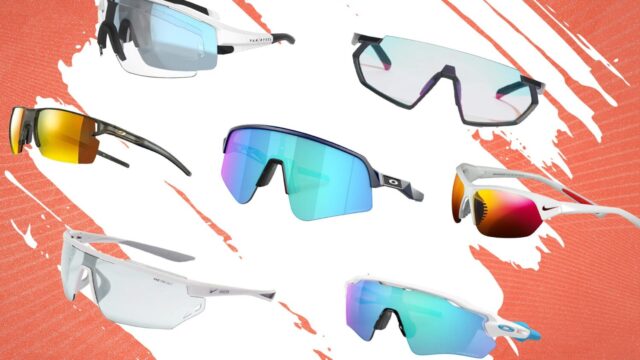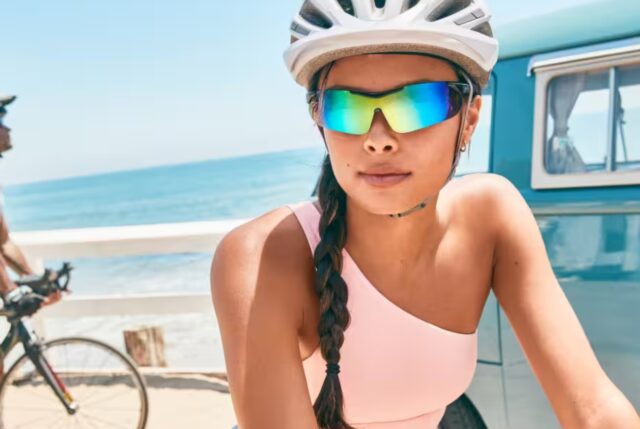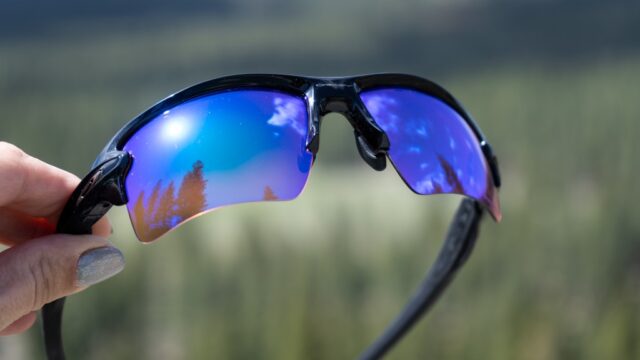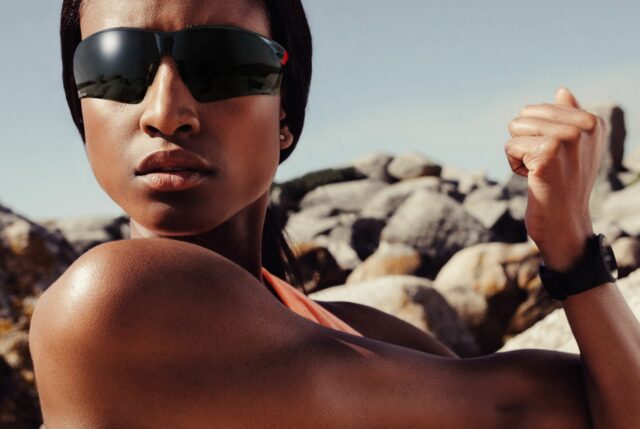
Quality athletic sunglasses serve an important purpose for sports performance and safety. From filtering glare to protecting eyes from injury, proper sports eyewear gives athletes an edge across various disciplines. Understanding how to choose the right sunglasses boosts comfort, vision, and ability out on the field.
Battling Glare for Optimal Sports Performance
Glare from the sun creates an intense challenge for athletes in sports like tennis, basketball, baseball, football, soccer and more. Staring into a sunny sky to catch a football or tracking a pop fly leads to eye fatigue and loss of visual focus. Squinting to see hampers sports performance.
Sports sunglasses counteract glare in a few key ways:

Polarized Lenses
Polarized lenses use a special filter to block blinding horizontal light reflections. Reducing intense glare means athletes can focus without straining their eyes. Polarized sunglasses enhance visualization of the ball in motion for sports like golf, tennis, and baseball. Sports fishermen also rely on polarized lenses to clearly see beneath water surfaces.
Anti Reflective and Mirrored Coatings
Anti-reflective coatings on lenses combat distracting glare. They allow more visible light transmission while reducing shine. Mirrored lens coatings also control glare by reflecting light away from eyes. Different colored mirrored lenses fine tune light filtration for the sport and environment.
Wraparound Frame Styles
Wraparound sunglass frames protect against peripheral glare and UV light entering the eyes from the sides. The contoured, close-fitting designs fully shield the eyes without letting in stray light that could cause visual distractions.
Wearing athletic sunglasses tailored for their sport means players can battle sun glare for optimized vision and performance. Brands like Oakley and Nike make sport-specific eyewear with advanced glare-reduction technology.

Preventing Sports-Related Eye Injuries
Sports sunglasses play a vital role as protective eyewear for kids and adults alike. Sports pose risks of eye injuries from:
- Fast-moving balls – tennis, racquetball, baseball, badminton.
- Flying objects – track & field implements like shot puts and javelins.
- Being struck in the eye by an opponent’s stick, racket, bat, hand, etc.
- Falls while skateboarding or snowboarding.
- Branches and debris when mountain biking.
Picking the Best Sports Sunglasses
With so many sports sunglasses options, it helps to know what features boost performance and safety:
- Choose polycarbonate or Trivex lenses – they offer optical clarity along with shatter and scratch-resistance.
- Mirrored coating on lenses reflects light to control glare. Different colors fine tune vision for the sport and conditions.
- Look for 100% UV protection and polarization to reduce sun glare. Anti-reflective coatings also guard against distracting reflections.
- Wraparound frame designs block peripheral light and optimize glare protection.
- Rubberized, shock-absorbing frames prevent injury during collisions. Flexible frames bend slightly instead of breaking.
- Interchangeable lenses allow swapping out tints optimized for different light conditions.
- For fishing, look for polarized lenses to see below water. Amber tints boost contrast in low light.
- Choose lightweight frames that stay comfortable over hours of wear. Adjustable, non-slip straps keep glasses on.
- According to the folk at Olympic Eyewear, sport-specific sunglasses like wayfarer sunglasses for golf take into account angle of sun exposure.
Finding performance sunglasses tailored for your sport and needs gives you an edge. Protecting your eyes from UV, glare, and injury means improved vision and safety. Consult sporting goods stores or eye doctors to select appropriate sunglasses for athletes.

Conclusion
With the right athletic sunglasses, athletes can play their best while keeping eyes safe. Performance sunglasses fine tune vision while preventing injury. Protecting your eyes from a young age builds lifelong healthy habits. So equip yourself and your family with sports sunglasses for optimal eye health on and off the field.














